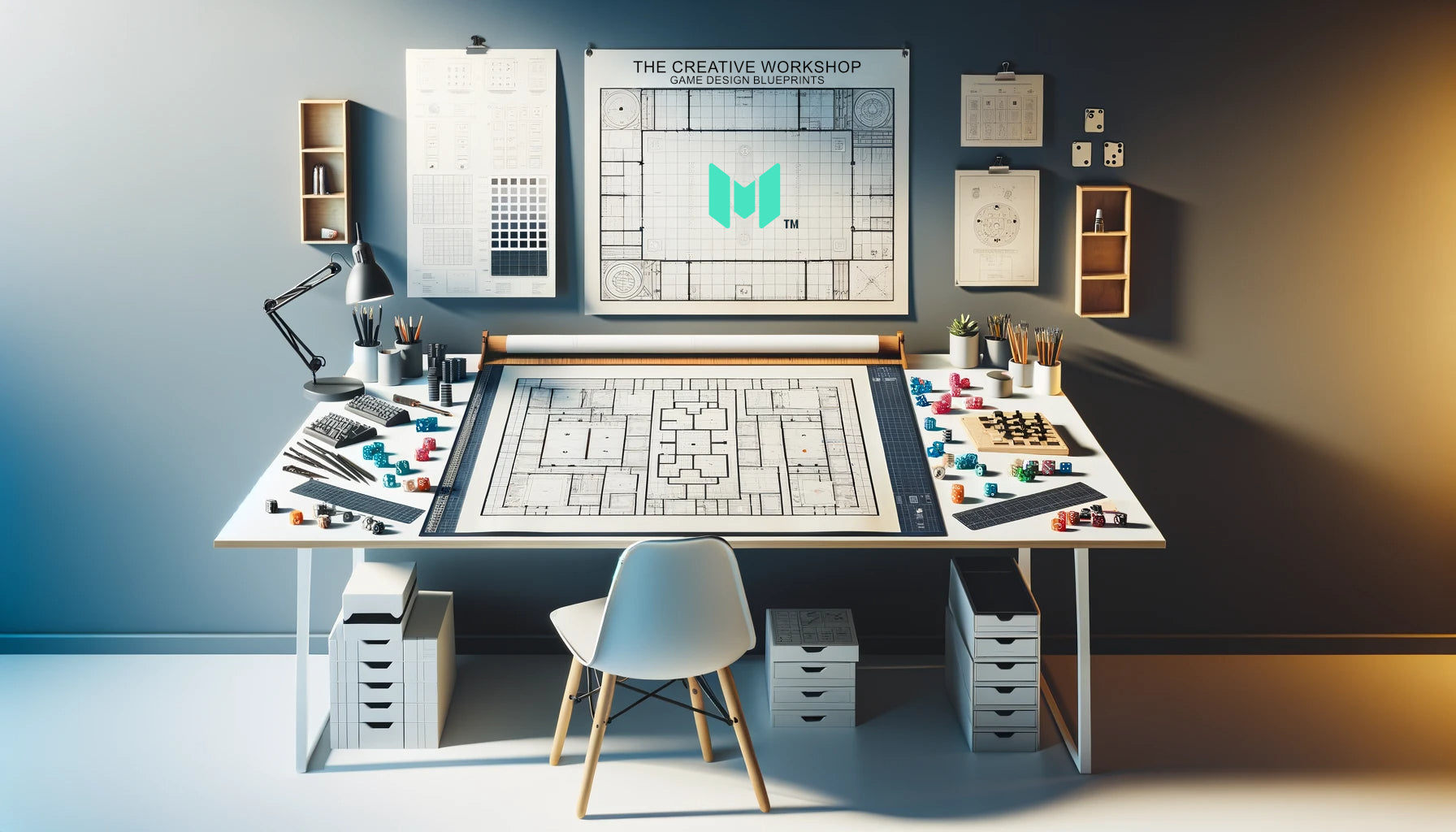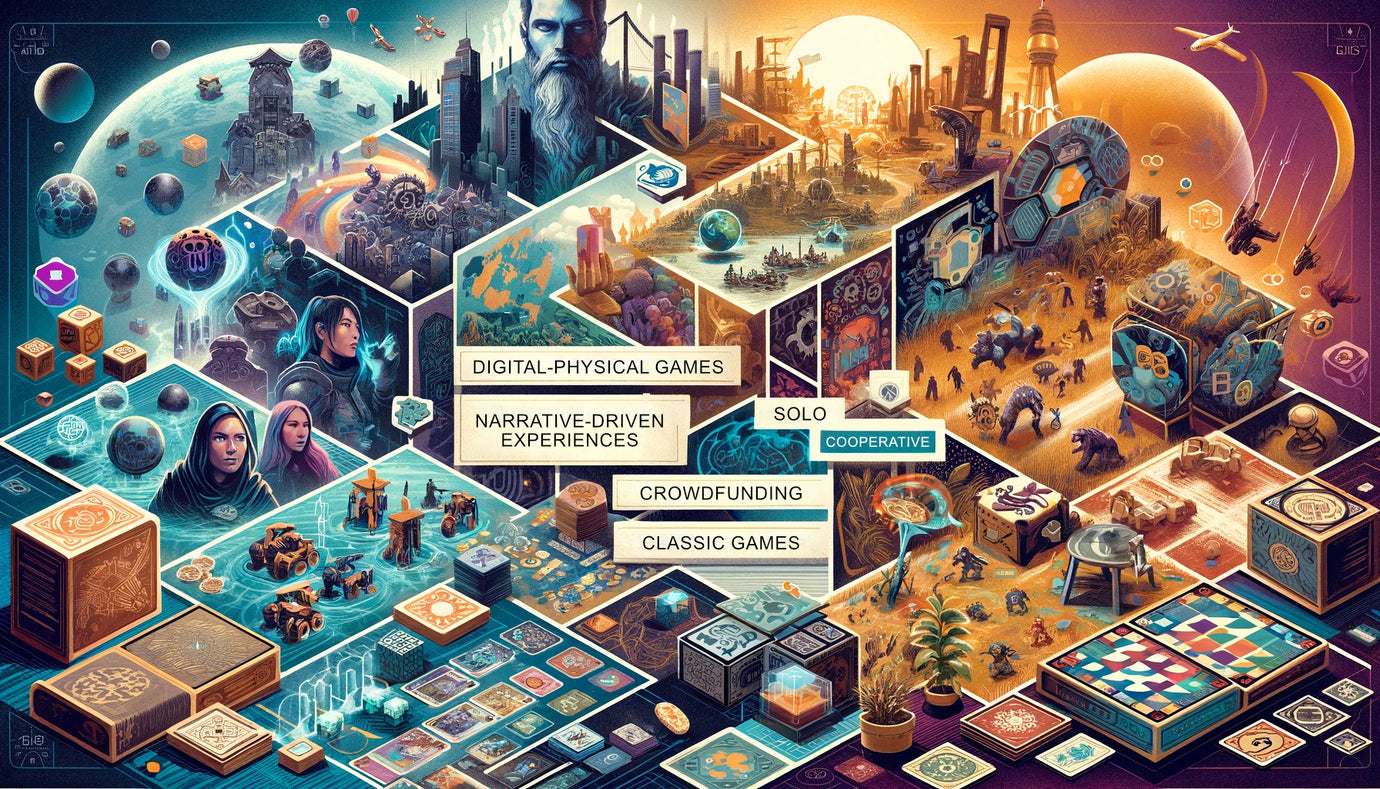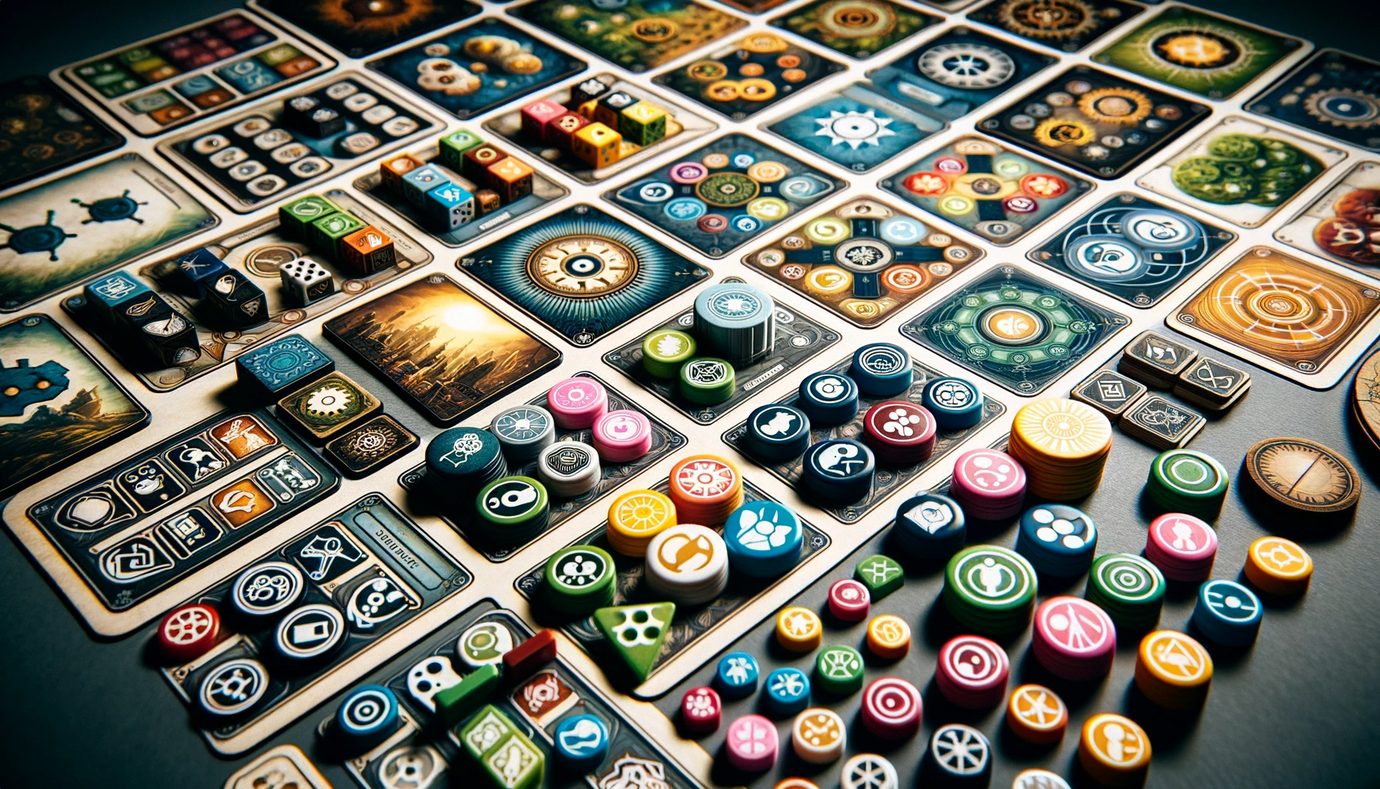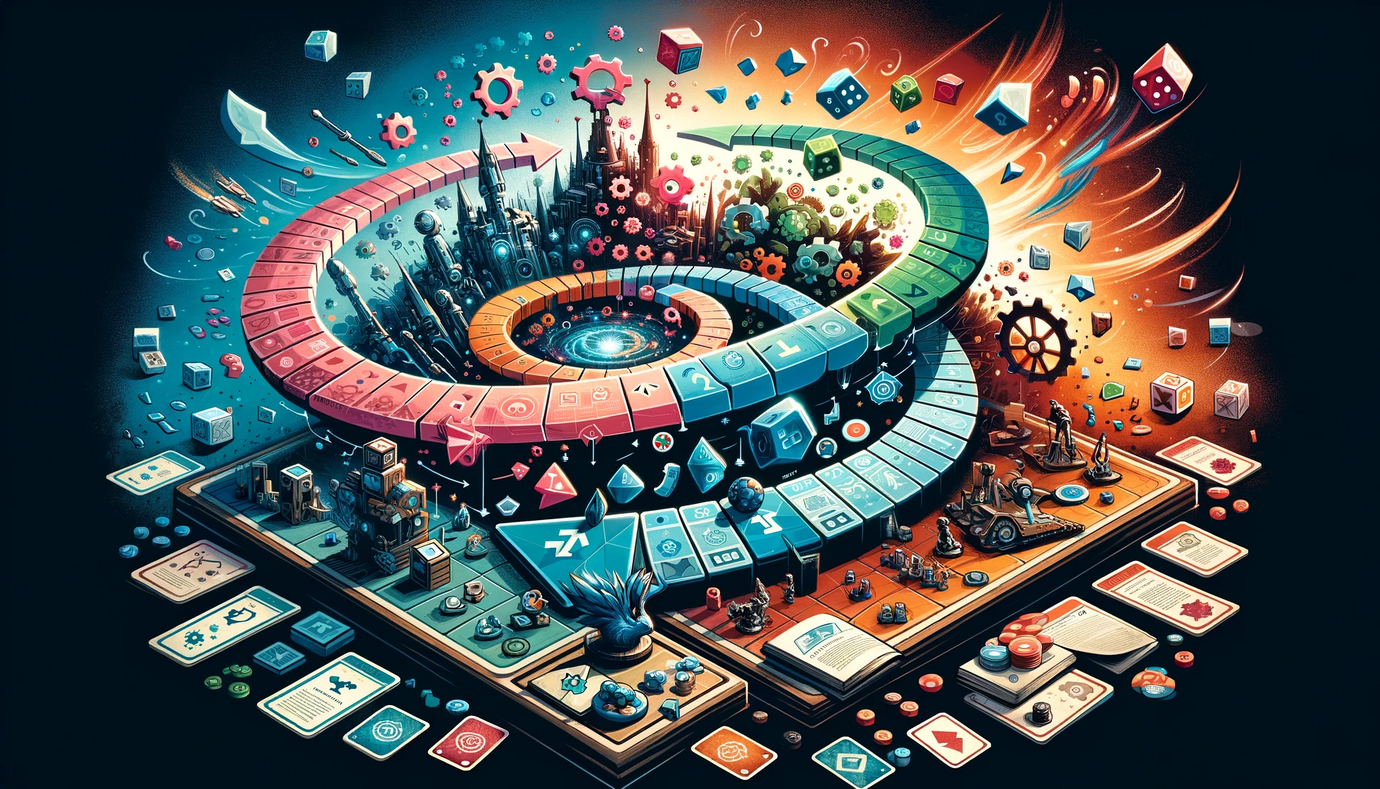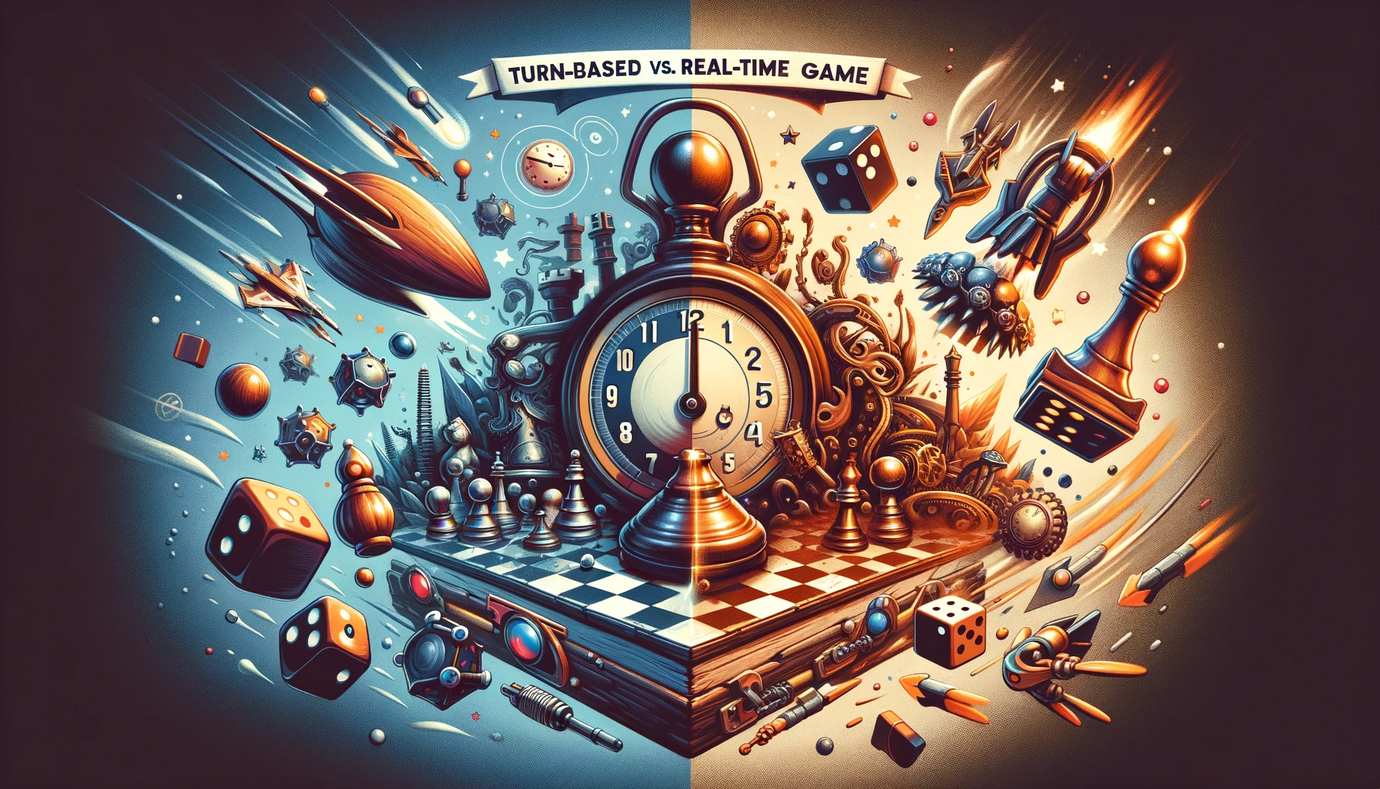Brainstorming Game Ideas: Finding Your Inspiration
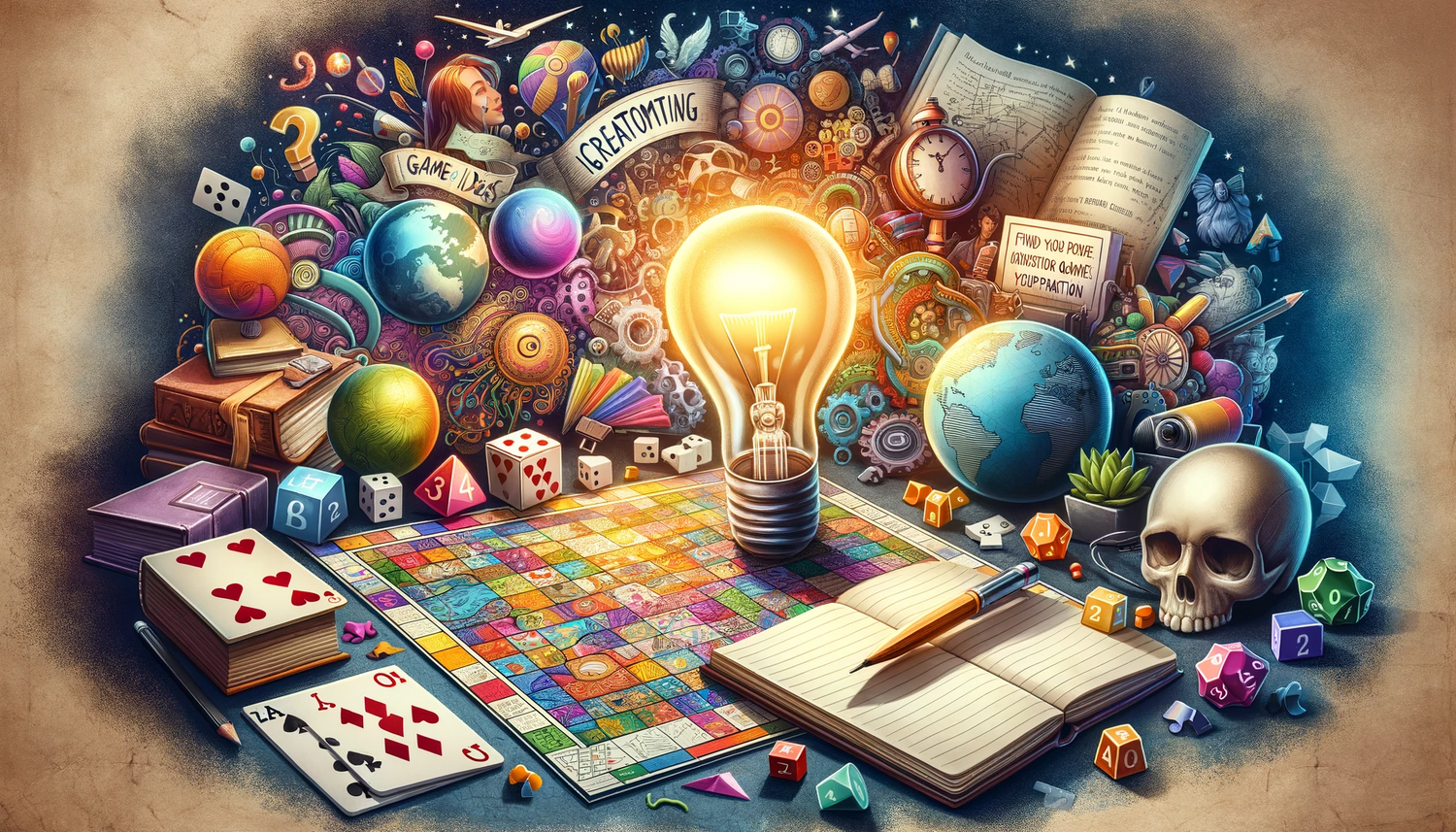
Introduction
Creating a board game or card game from scratch is an exciting journey, and it all starts with brainstorming game ideas. This initial phase is crucial, as it sets the foundation for your game's development. Below are strategies and tips to help you find your inspiration and generate compelling game ideas.
Open Your Mind to Inspiration
- Draw from Personal Interests: Reflect on your hobbies, favorite books, movies, or historical periods. Often, your passions can spark creative game ideas.
- Observe the World Around You: Everyday life is full of potential game themes – from the mundane to the extraordinary. A simple walk in the park or a trip to the grocery store can ignite an idea.
- Study Existing Games: Analyze popular board and card games. Understand what makes them engaging and think about how you can offer something unique.
Embrace Diverse Sources of Inspiration
- Literature and Mythology: Delve into classic literature or explore different mythologies. These can be fertile grounds for themes and narratives.
- Science and Technology: Consider how advancements in science and technology could inspire futuristic or educational game concepts.
- Art and Music: Let the visual arts or music influence the mood and style of your game. Sometimes, a piece of art or a music genre can be the starting point for a theme.
Techniques for Idea Generation
- Brainstorming Sessions: Set aside time for uninterrupted brainstorming. Use mind maps or bullet lists to jot down ideas as they come.
- Collaboration: Two heads are often better than one. Collaborate with friends or fellow game enthusiasts to expand your idea pool.
- Use Prompts: Challenge yourself with prompts, such as “design a game about time travel” or “create a game that teaches a skill.”
Organizing and Refining Ideas
- Keep an Idea Journal: Write down all your ideas, no matter how unfinished or outlandish. You never know when they might come in handy.
- Evaluate and Filter: Periodically review your ideas. Consider factors like originality, feasibility, and potential fun factor.
- Test Your Concepts: Share your ideas with trusted individuals and gauge their reactions. Sometimes, the best ideas are those that resonate with others.
Embrace the Creative Process
- Be Patient: Great ideas often take time to develop. Don’t rush the process.
- Stay Flexible: Be open to modifying or combining ideas. The best concepts often evolve significantly from their initial inception.
- Keep Learning: Stay informed about trends in game design and player preferences. This knowledge can shape and refine your ideas.
Brainstorming game ideas is a blend of creativity, observation, and experimentation. By keeping an open mind, drawing from a variety of sources, and embracing the creative process, you can generate a pool of ideas that could evolve into the next great board or card game. Remember, every successful game started as a mere spark of imagination. Your unique concept is waiting to be discovered.

